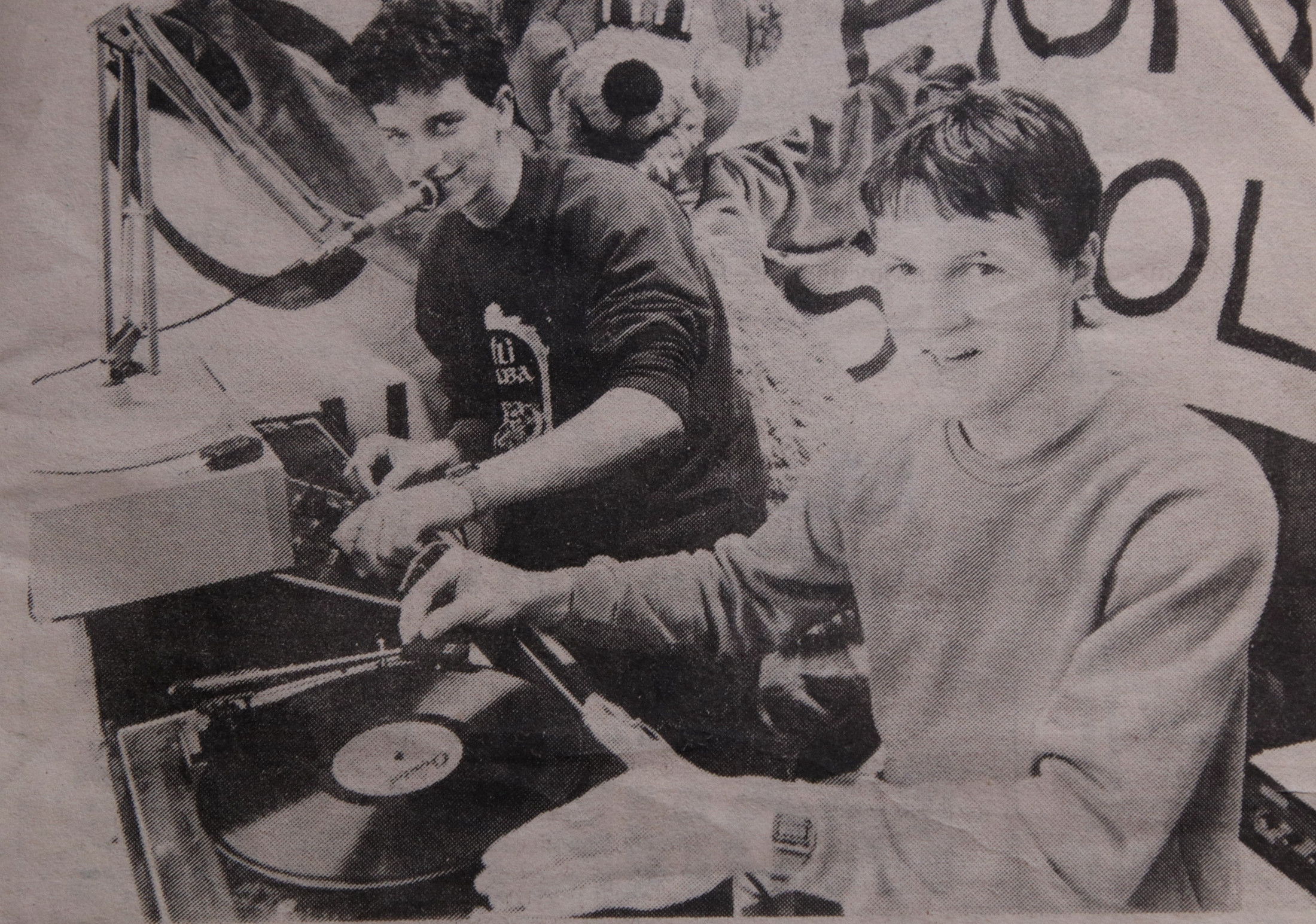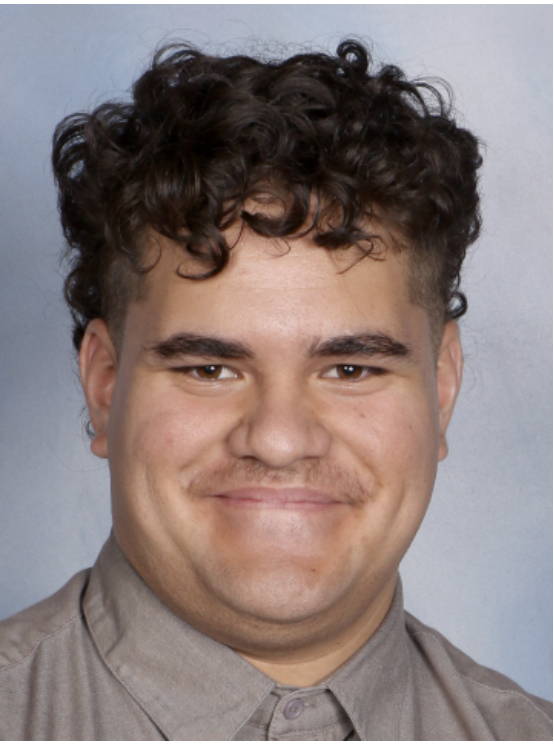Early in 1986 two sixth form (Year 12) students were thinking of ways to make lunchtimes more interesting. They approached Tony Unsworth, the teacher in charge of audio-visual resources, suggesting an in-school radio station.
Turntables, amplifiers and a tape deck were obtained, and a second hand set of disco equipment was purchased with the proceeds of school socials. The caretakers broom cupboard was converted to a studio, programmes were planned, and broadcast over the school intercom system at lunchtimes.
By the beginning of 1987, the students were bitten by the broadcasting bug. The decision was made to go on air. Teacher Tony Unsworth, and sixth form journalism students upgraded the equipment, purchasing better turntables, a new mixer and another tape deck. They then applied for their first one-month short term radio licence from the Radio Frequency Service.
Record companies donated demo records while day to day running costs were met by advertising. Most of the ads were created by the students.
In 1988 another short-term licence was obtained. For the duration of this period the station was on air at lunchtimes and after school.
The following year working on the station became part of the sixth form certificate journalism course.
By 1990 the station had come of age. It was given a new name 96FM, a new frequency 95.8kHz and the broadcasting power was increased to 700W.
For the first time, the station was on air for three and a half consecutive months from 7am to 6pm, seven days a week. During the week, the station went live before and after school and at lunchtime. While school was in session, tapes recorded at the weekend were played. The most popular feature was the dedication session from 4pm – 6pm weekdays and all weekends.
Twenty students worked as DJs on the station during the time the station was on air. Each student had to raise $150 worth of advertising before going on air.
Despite the station being in the red when transmission ended the experience and confidence gained by the students and the significant publicity for the school, meant it had been worth all the time and effort.
Written by- Del Gee
OHS Archivist



